This curated collection of melodramas delves into the complex and often controversial world of religious fanaticism. These films explore the emotional and psychological impacts of extreme faith, offering viewers a chance to reflect on the boundaries between devotion and obsession. Each film provides a unique narrative that challenges the viewer's understanding of belief, making this selection not only entertaining but also thought-provoking.
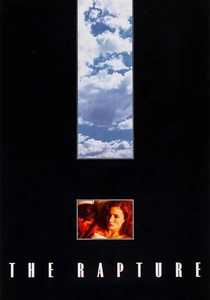
The Rapture (1991)
Description: A woman's journey from hedonism to religious fanaticism, culminating in her belief in the Rapture, provides a chilling look at the effects of extreme religious belief.
Fact: Mimi Rogers received critical acclaim for her role, and the film was a Sundance Film Festival favorite.
 Watch Now
Watch Now
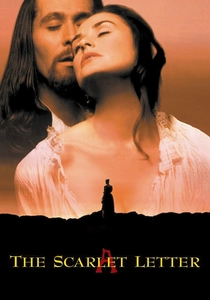
The Scarlet Letter (1995)
Description: This adaptation of Nathaniel Hawthorne's novel focuses on themes of sin, guilt, and redemption in a Puritan society.
Fact: Demi Moore stars as Hester Prynne, and the film was noted for its controversial changes to the original story.
 Watch Now
Watch Now
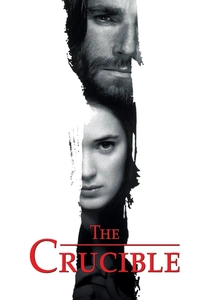
The Crucible (1996)
Description: Based on Arthur Miller's play, this film explores the Salem witch trials, where religious fervor and hysteria lead to tragic consequences.
Fact: Daniel Day-Lewis and Winona Ryder star in this adaptation, which was nominated for two Academy Awards.
 Watch Now
Watch Now
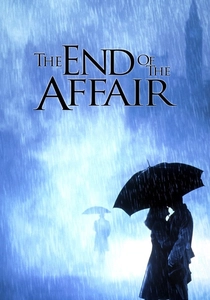
The End of the Affair (1999)
Description: Set during and after World War II, this film explores the complex relationship between faith, love, and betrayal.
Fact: The film features a haunting score by Michael Nyman and was adapted from Graham Greene's novel.
 Watch Now
Watch Now
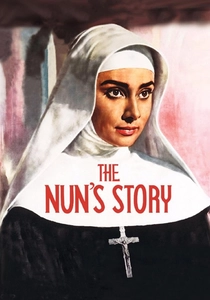
The Nun's Story (1959)
Description: Audrey Hepburn stars as a nun who struggles with her vows and her personal beliefs in this classic melodrama.
Fact: The film was nominated for eight Academy Awards, including Best Picture.
 30 Days Free
30 Days Free
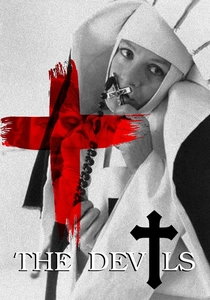
The Devils (1971)
Description: A historical drama about a 17th-century French priest accused of witchcraft, highlighting the clash between religious authority and personal freedom.
Fact: The film was banned or heavily censored in several countries due to its controversial content.
 30 Days Free
30 Days Free
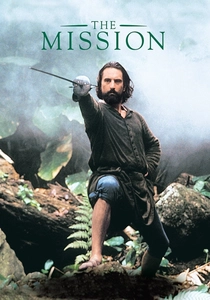
The Mission (1986)
Description: While not solely about religious fanaticism, this film explores the clash between Jesuit missionaries and colonial powers, showcasing the fervor of religious conviction.
Fact: Ennio Morricone's score for the film won the BAFTA Award for Best Film Music.
 30 Days Free
30 Days Free
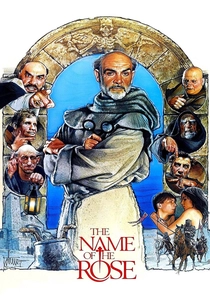
The Name of the Rose (1986)
Description: Set in a 14th-century Italian monastery, this film delves into the mysteries of faith, heresy, and the pursuit of knowledge.
Fact: Sean Connery stars as the monk William of Baskerville, and the film was nominated for two Academy Awards.
 30 Days Free
30 Days Free
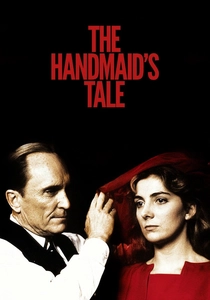
The Handmaid's Tale (1990)
Description: Set in a dystopian future where a totalitarian society based on a fundamentalist interpretation of Christianity has overthrown the United States government, this film examines the life of a woman forced into sexual servitude.
Fact: The film is based on Margaret Atwood's novel, which has since inspired a highly acclaimed TV series.
 30 Days Free
30 Days Free
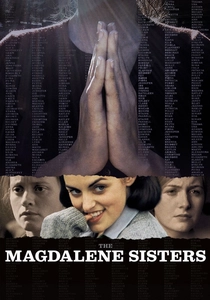
The Magdalene Sisters (2002)
Description: This film portrays the harsh realities of the Magdalene Asylums in Ireland, where women were sent for perceived moral failings, often under the guise of religious rehabilitation.
Fact: The film was inspired by real-life accounts of survivors from these asylums. It was also nominated for the Golden Lion at the Venice Film Festival.
 30 Days Free
30 Days Free









